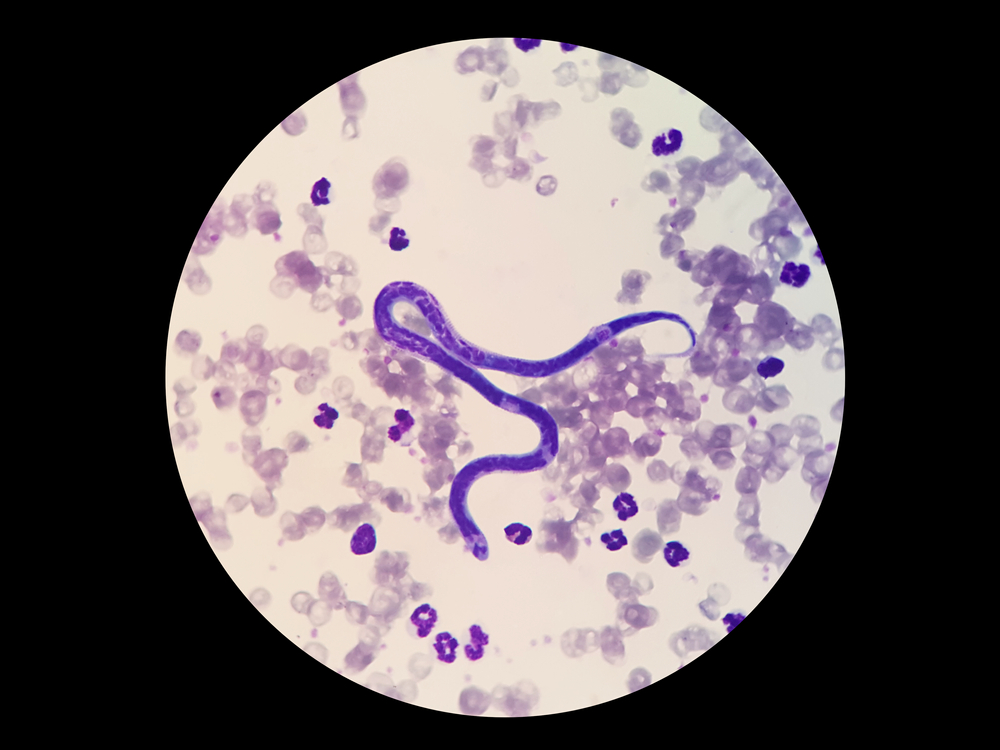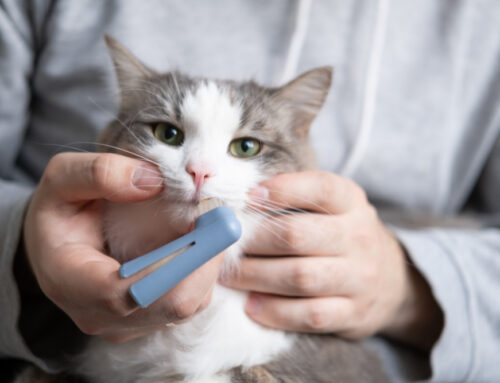Heartworm incidence is increasing in many areas throughout the United States, and a single mosquito bite can transmit the parasites to your pet and cause significant health issues. Our Cane Bay Veterinary Clinic team wants to ensure your pet is not unprotected and vulnerable, so we explain reasons why your pet should receive year-round heartworm prevention.
#1: Mosquitoes are numerous and pervasive
Heartworms are transmitted by mosquitoes. When the insect bites an infected dog or wild canine, they ingest baby heartworms, called microfilariae. After a few weeks, these baby parasites grow to an infective stage in the mosquito, and can be transmitted to a vulnerable pet by a single infected mosquito bite, leading to heartworm infection. Other concerns about mosquitoes include:
- Mosquitoes are tough — While mosquitoes are most active when the weather is warm, they can function at any temperature above 50 degrees, and they thrive in numerous environments. With our temperate South Carolina winters, mosquitoes can flourish year-round.
- Mosquitoes are hungry — Mosquitoes can ingest three times their body weight in blood, and an infected mosquito can transmit heartworm larvae every time they take a meal.
- Mosquitoes are crafty — Mosquitoes can easily enter your home through open doors and windows, torn screens, and vents, so indoor pets are also at risk.
- Mosquitoes are unpredictable — Peak mosquito season varies from year to year, and if you stop your pet’s heartworm preventive, they may not be protected when the first mosquito ventures out for a snack.
#2: Heartworms can harm your dog
Dogs are natural heartworm hosts, which means that the parasites can mature to adulthood, mate, and reproduce while living in your dog. The young heartworms first enter your dog, travel to their pulmonary vasculature, and make themselves at home. Their presence causes inflammation that leads to vessel thickening and constriction, eventually affecting the ability of your dog’s heart to pump blood throughout the body. The heart works harder and harder to get blood through the high pressure area, which ultimately leads to congestive heart failure (CHF).
Since heartworms thrive while parasitizing their canine host, numerous worms can be present and can block blood flow through the heart. This condition, called caval syndrome, is a crisis situation and can cause death if the worms are not promptly surgically removed.
#3: Heartworms can harm your cat
Cats are atypical heartworm hosts, and when infected by immature heartworms, their immune system reacts strongly, clearing many parasites that then cannot mature to adulthood. This sounds good but, unfortunately, the young heartworms can cause your cat significant health issues, because once they reach your cat’s lung vasculature, they trigger an intense inflammatory response that results in a condition called heartworm associated respiratory disease (HARD), which causes severe, irreversible damage to your cat’s lung tissue.
While heartworms don’t typically grow to adulthood while parasitizing a cat, only one or two adult heartworms can cause a blockage in the cat’s tiny heart.
#4: Signs don’t typically manifest until your pet’s condition is advanced
Most pets don’t exhibit heartworm disease signs in the early stages. Signs manifest only after significant heart and lung damage has occurred and, in some cases, the first sign your pet is sick is sudden collapse or death. When signs are present, they include:
- Heartworm signs in dogs — Signs in dogs include lethargy, exercise intolerance, a persistent cough, and weight loss. Once your dog develops CHF, fluid accumulates in their abdomen, causing a pot-bellied appearance.
- Heartworm signs in cats — Signs in cats typically mimic feline asthma and include difficulty breathing, open-mouthed breathing, wheezing, vomiting, and sudden death.
#5: Your pet can take months to test positive for heartworms
Most tests used to identify heartworm disease take about six months before the parasites can be detected, delaying treatment. Diagnostic options include:
- Antigen testing — This test detects a protein produced by the adult female heartworm, which takes about six months to mature to the stage where the protein is produced.
- Microfilariae testing — This test concentrates the blood to detect microfilariae, which circulate for about six months before they are present in the blood.
- Antibody testing — The test detects the pet’s heartworm response and is helpful for diagnosing cats, who don’t typically have adult female worms or circulating microfilariae. This test can detect the antibodies about three months after infection.
- X-rays — Chest X-rays can reveal heart, lung, and vasculature abnormalities that indicate heartworm disease.
- Ultrasound — Ultrasound can detect abnormalities in the heart and vasculature and, in some cases, can help visualize live worms.
The American Heartworm Society currently recommends that dogs be antigen- and microfilariae-tested annually.
#6: Heartworm prevention for your pet is much less expensive than treatment

Treatment for heartworms can cost more than 15 times a year’s worth of heartworm preventive. In addition, treatment is dangerous, and can result in serious issues, such as anaphylaxis and blood clots.
No treatments are approved for heartworms in cats, which means that prevention is the only way to safeguard your cat from these dangerous parasites.
Providing year-round heartworm prevention is critical to protect your pet from these mosquito-borne parasites. Contact our Cane Bay Veterinary Clinic team to test your pet and determine the best heartworm prevention product that will protect their heart and lungs.







Leave A Comment